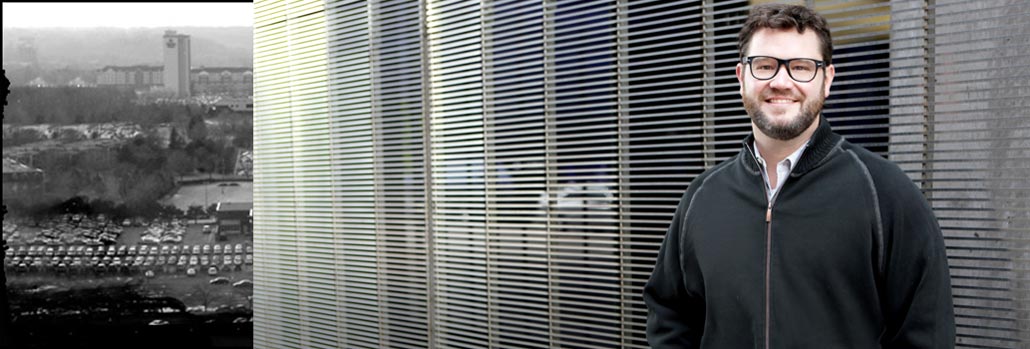Miranda Rights in MN
Home – Practice Areas – Blogs - Miranda Rights
They Never Read Me My Rights!
A complaint we often hear from our cleints is that they were notgiven a Miranda warning even though the officer may have asked questions that elicited incriminating respoinses.
Both the United States and Minnesota Constitutions protect individuals from compelled self-incrimination – statements made by a suspect during a custodial interrogation. These statements can only be used as evidence against an individual if they were preceded by a Miranda warning from police. The standard Miranda warning reads:
“You have the right to remain silent. Anything you say can and will be used against you in a court of law. You have the right to an attorney. If you cannot afford an attorney, one will be provided for you. Do you understand the rights I have just read to you? With these rights in mind, do you wish to speak to me?”
A Miranda warning is triggered only if the person is in police custody and subject to interrogation. ‘In custody’ means that a reasonable person under the circumstances would believe that he or she was under the control of the police to the same degree asthey would be in a formal arrest.
Factors courts consider to suggest that a person was in custody include interviewing the suspect at the police station; restraining the suspect’s freedom of movement; the presence of multiple officers; or a gun pointing at the suspect.
Factors suggesting a person is not in custody includequestioning the suspect athome; informing the suspect that he or she is not under arrest; being free to leave; brief questioning by the police; the ability to leave at any time; a nonthreatening environment; and the ability to make phone calls.
Generally, Miranda will not apply when police first arrive at a crime scene and ask questions about facts surrounding a crime or other general questions. This is because the compelling atmosphere of in-custody interrogation is not necessarily present in these circumstanes.
Similarly, Miranda does not usually apply to traffic stops because these encountersare generally temporary, brief, and conducted in public.
Accordingly, roadside questions such as “are you the driver?", "have you been drinking?", or "how much did you drink tonight?" are all examples of general on-site questioning that may lead to incriminiating answers but do not require a Miranda warning.
If you find yourself being questioned by the police, you need a criminal defense attorney with deep legal knowledge and a willingness to fight on your behalf in any court.At Halberg Criminal Defense, our team approach puts the firm’s collective knowledge and experience in your court. Our attorneys are available 24-7 — Call us at 612-DEFENSE (612-333-3673).
















